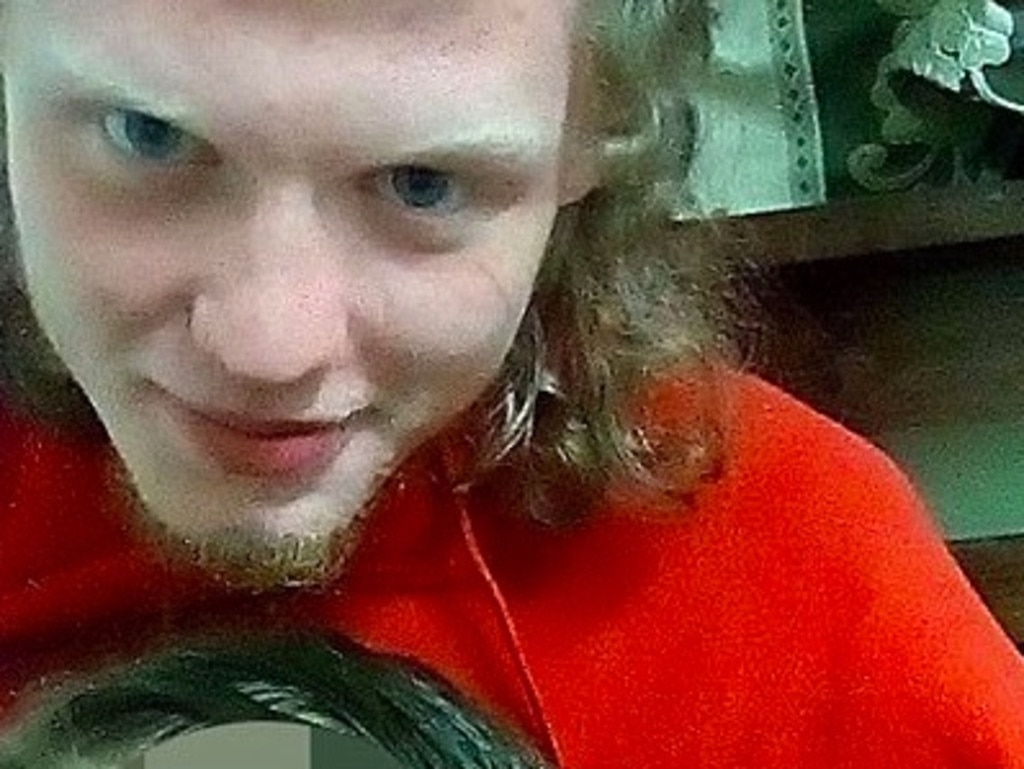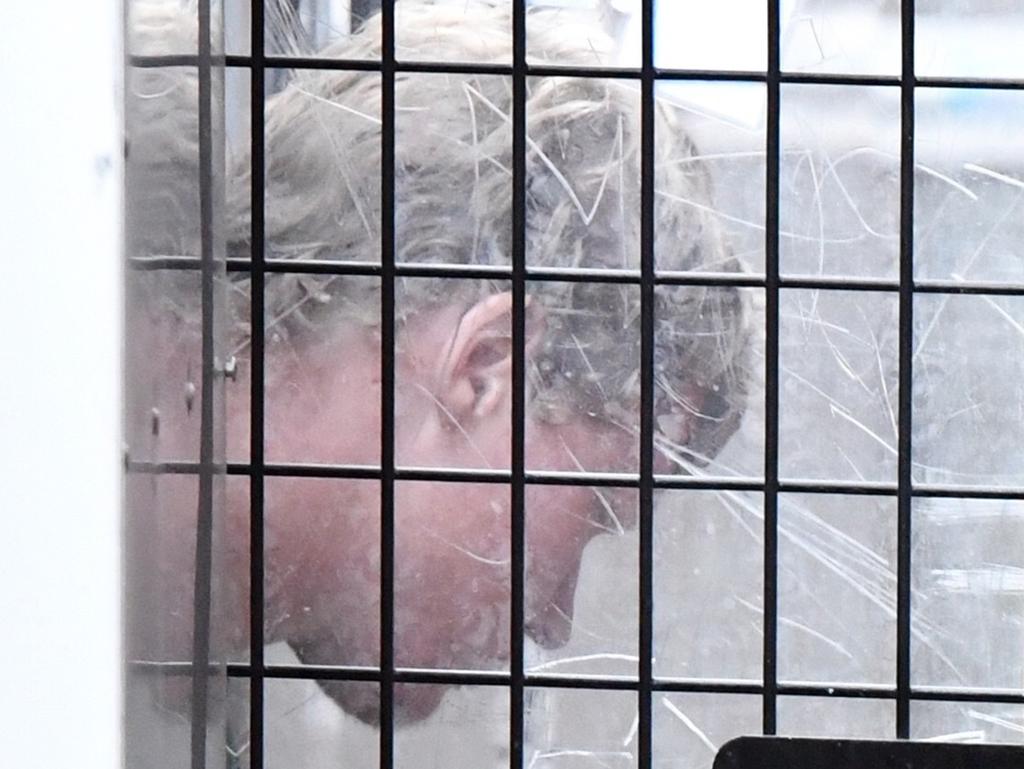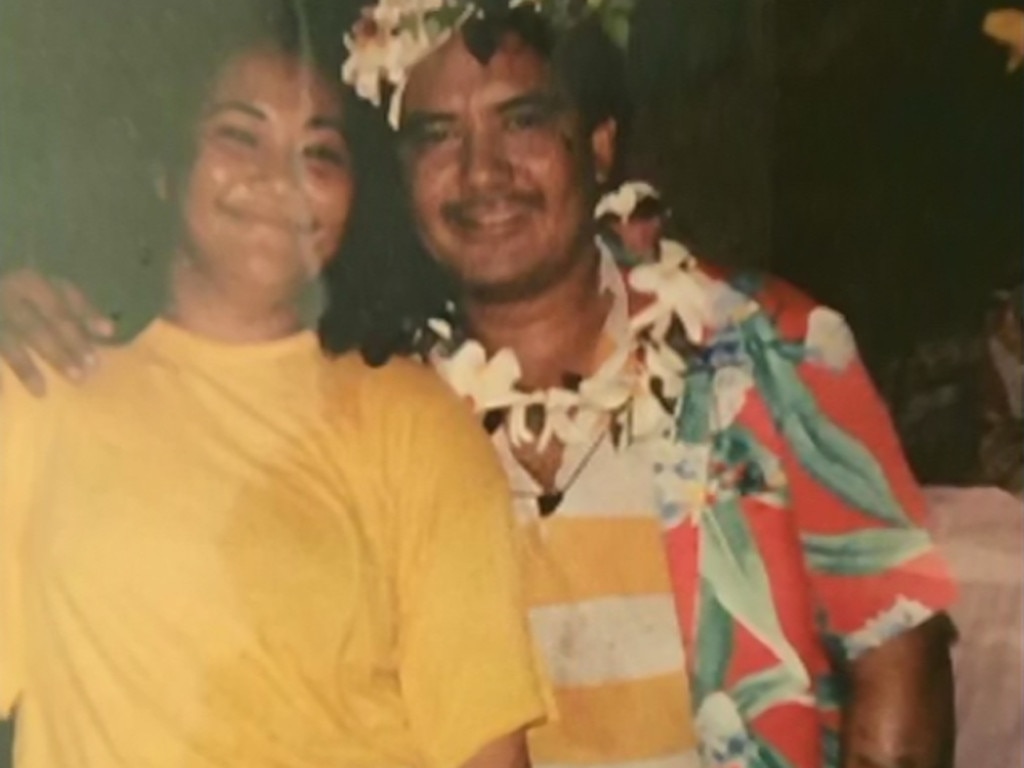Billy Krey sentenced to 11 years prison over Ioakima Sini manslaughter
A young man who stabbed a loving father to death after he tried to help during a fight has been sentenced to prison.
A young man who killed a father-of-seven in broad daylight after fighting with his mother over a $50 note has been sentenced to 11 years in prison.
Billy Krey was 19 when he stabbed Ioakima Sini multiple times as horrified neighbours watched on in the western Sydney suburb of Whalan on July 15, 2017.
He was found not guilty of murder but guilty of manslaughter in a judge-alone trial last year.

The brutal killing, which robbed a family of a loving father and grandfather, was directly related to mental conditions arising from Krey’s dismal childhood, the court heard.
On Wednesday afternoon, NSW Supreme Court Justice Mark Ierace sentenced Krey to 11 years’ prison with a non-parole period of six years and six months over the “explosive, random” attack.
Justice Ierace said Krey had three significant mental conditions that directly contributed to the manslaughter: foetal alcohol syndrome, intermittent explosive disorder, and complex post-traumatic stress disorder.

The judge said it appeared a fight broke out on the afternoon of Sini’s death between Krey and his mother Renai over a $50 note he thought she had taken.
When the fight turned physical, his mother left the house and spoke briefly to Sini, who lived nearby and was visiting a house across the way.
Sini walked over to the Krey townhouse and called out to Billy before leaving.
A short time later, Krey left the house, went up to Mr Sini and repeatedly stabbed him while a number of neighbours watched on, two of them trying to intervene.
Mr Sini was unresponsive and pronounced dead a short time after arriving at hospital.
Krey fled to his grandfather’s house, covered in blood. By the time he finished taking a shower, police were on the doorstep.
Interviewed later, he said: “(Mr Sini) … was coming to me and swearing at me … And then I walked off and then he said something else and then, just, I went into black mode.”
Justice Ierace said it appeared Krey had threatened to stab his mother before she left the house.
In his judgment convicting Krey of manslaughter, he wrote Mr Sini “was only trying to assist members of his community” when he became the focal point of Krey’s uncontrolled rage “in a terrible twist of fate”.

Justice Ierace found Krey’s moral culpability was reduced by the severe deprivation he endured in childhood, but there remained a significant need for community protection.
His risk of reoffending, the judge said, was heavily dependent on whether he would be able to access the significant psychiatric and psychological services he needed.
Krey was first exposed to drugs and alcohol in utero and his early childhood was scarred by exposure to extreme domestic violence.
When he was four, his father was jailed for 18 years for attempted murder, a crime one report suggested Krey witnessed.
When he was four, a paediatrician wrote he was physically aggressive, hyperactive even in sleep, and “impulsive with no fear of danger”. At five, he demonstrated “a paucity of imagination” with issues noted as “violence, lights fires”.
In 2006, when Krey was eight, he reported experiencing delusions.
“He is typically surrounded by haunting jeering men with stitches in their lolling heads, with non-descriptive faces and protruding tongues, who speak gibberish, threaten him and grunt,” a report said.
“Behind this vista of frightening men he sees metal grates in an unfamiliar street that constantly drip with blood.”
At 10 he had major “behaviour explosions” at school; at 13 he was unable to tell a doctor the definition of a friend.
By the time he was 15, Krey had lived in 16 different residences, including foster carers, residential homes, kinship placements with his grandmother and various failed restorations to his mother.
It was also around this time he incurred the only other entry on his criminal record, for shoplifting chocolate bars.
Krey will be eligible for parole on January 14, 2024.




